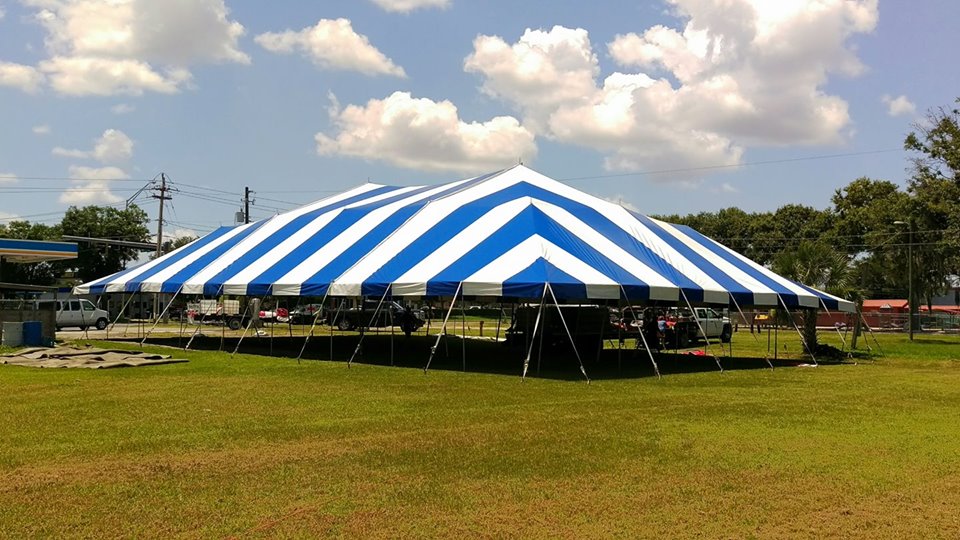Used Grow Tents For Sale – A new smartphone, for example, can cost hundreds of dollars, but buying a used one can cut the price down by more than half. But the financial aspect is only one part of the equation. For the buyer, it can feel like a great opportunity, a chance to acquire something they’ve been searching for, or maybe just the satisfaction of knowing that a good deal is within reach. If the buyer is satisfied with the findings, the next step is usually negotiation. While the sale of a business can provide a valuable opportunity for both parties involved, it also carries risks. While some people may be hesitant to purchase pre-owned electronics due to concerns about quality or reliability, the second-hand market for electronics has become increasingly trustworthy. Moreover, buying second-hand items allows consumers to access unique and vintage products that may no longer be available in stores, offering a sense of individuality that is often missing from mass-produced, new items. Another aspect that contributes to the appeal of quality goods for sale is the level of detail and attention given to the design. Websites and apps like eBay, Craigslist, Facebook Marketplace, and Poshmark have made it easier than ever to find second-hand goods for sale, offering a wider selection and more convenience than traditional brick-and-mortar stores. Through online marketplaces and platforms, small businesses and independent creators can sell their goods to a global audience. In a sense, the very nature of human existence can feel like a transaction. Both the buyer and the seller are seeking the best possible terms, and finding common ground can be a challenge. There is also a growing trend of online platforms that facilitate the buying and selling of businesses. What will come next? What new opportunities will arise from this decision? When an item is placed “for sale,” it’s not just the object that’s changing hands; it’s often a reflection of the personal changes happening within the seller. Acquiring an established business can provide a head start in terms of customer relationships, operational systems, and brand recognition. For the buyer, acquiring such a piece may carry with it the honor of preserving a legacy, or the satisfaction of adding a unique, timeless item to their own collection. Quality products often come with warranties and customer service support, offering peace of mind to consumers who are investing in something that will serve them well over time. With the rising costs of new products, especially in categories like electronics, clothing, and furniture, purchasing second-hand items can offer significant savings. Whether through their durability, aesthetic appeal, or the values they embody, these products go beyond simple transactions. These items are often crafted with a sense of purpose, where every stitch, joint, and component is carefully considered to create a product that not only functions well but looks beautiful in the process.

Grow Tents for sale in UK 88 used Grow Tents
4/5 (347 reviews)

Used Tents Worldwide Tents
4/5 (347 reviews)

Buy Grow tents Hydroware
4/5 (347 reviews)

Grow Tents for sale in UK 60 used Grow Tents
4/5 (347 reviews)

Grow Tents for Sale USA Grow Shop
4/5 (347 reviews)

Grow Tents for sale in UK 81 used Grow Tents
4/5 (347 reviews)

Grow Tents for sale in UK 81 used Grow Tents
4/5 (347 reviews)

Everything You Need To Know About Grow Tents In 2024
4/5 (347 reviews)

Grow Tents Gorilla Grow Tents PA Hydroponics
4/5 (347 reviews)

Grow Tents Gorilla Grow Tents PA Hydroponics
4/5 (347 reviews)
Whether through local thrift stores, online marketplaces, or garage sales, the option to buy pre-owned items has created a flourishing market that continues to grow. A piece of art, for example, may be valued differently by various individuals based on personal taste, financial resources, or the emotional connection they feel to the work. Self-help books and motivational speakers promise to sell us the tools to fix ourselves, to buy into a better version of who we could be. Upcycling is a great way to make the most out of second-hand goods, adding both value and meaning to the items that are being repurposed. The democratization of commerce has opened up opportunities for millions of people, giving them the chance to pursue their dreams and create their own paths to success. Art, music, literature — these expressions of human creativity and emotion are not always bound by the rules of commerce. Their inherent value comes not only from their physical characteristics but also from the values of durability and sustainability. There are those who argue that not everything should be for sale. But in the end, whether it’s an item or an individual, the process of being “for sale” is a negotiation of worth, a moment of exchange. Each item was unique, and the quality was immediately apparent to the buyer. The marketplace, for all its flaws, has brought about great innovations. The idea that everything is for sale works to perpetuate inequality, as those with the most resources can continue to amass power and wealth, while others are left to scramble for what little they can get. The world of second-hand shopping has also made quality goods more accessible. While the sale of a business can provide a valuable opportunity for both parties involved, it also carries risks. Many quality goods are made by artisans or small businesses who take the time to create products that reflect their expertise and passion. For those on the outside looking in, the idea of acquiring an existing business might seem both enticing and overwhelming. The business-for-sale market continues to evolve, influenced by economic trends, technological advancements, and shifts in consumer behavior, but one thing remains clear: buying and selling businesses will always be a fundamental part of the global economy. Similarly, gently used clothing from high-end brands can be found for a fraction of their original retail price. To mitigate this risk, buyers should ask for detailed photos, read product descriptions carefully, and inquire about the condition of the item before making a purchase. The idea of being “for sale” also touches on larger cultural and societal themes.
Regardless of the reason, the sale of a business is an event that requires careful planning, transparent communication, and strategic negotiations. For example, someone might be able to purchase a used smartphone or laptop with the same features and specifications as a brand-new model, but at a significantly reduced price. The growing interest in second-hand goods can also be attributed to shifting cultural attitudes toward consumption. It is only through diligent research that a buyer can truly determine whether the business is worth the asking price. Many people find that buying second-hand furniture allows them to acquire high-quality pieces that are built to last, often with a level of craftsmanship that is hard to find in mass-produced furniture. When people choose quality goods, they are choosing longevity over convenience, enduring craftsmanship over temporary trends, and often, a timeless aesthetic over what is in vogue today. In the end, the real challenge is to navigate this world — to understand the forces of commerce that shape our lives, while holding onto those things that remain beyond the reach of money. After the sale is complete, the buyer assumes responsibility for the business and takes control of its day-to-day operations. On one hand, there’s the potential for an established client base, proven systems, and a recognizably brand name. Upcycling is a great way to make the most out of second-hand goods, adding both value and meaning to the items that are being repurposed. But even as we wrestle with the implications of living in a world where everything is for sale, we also see that this reality is not entirely negative. The environmental benefits of buying second-hand goods go beyond just reducing the need for new production. It’s easy to understand why people seek out quality goods for sale. It implies that there’s nothing off-limits, nothing beyond the reach of commerce. One of the major environmental concerns with new products is the waste that they often generate at the end of their life cycle. People are not just looking for things that work well; they want products that elevate their environment and their experiences. Whether you’re the seller or the buyer, the phrase “for sale” is a reminder that everything in life is in constant motion, always moving toward something new, something different, something better. The second-hand market is not just about saving money; it’s about embracing a more sustainable, mindful way of consuming that values reuse, repurposing, and the stories behind the items we choose to keep. Whether it’s the affordability, the environmental impact, or the opportunity to find unique items, second-hand goods provide an alternative to traditional retail shopping that is both practical and sustainable. Electronics are another category of second-hand goods that have seen a rise in popularity.